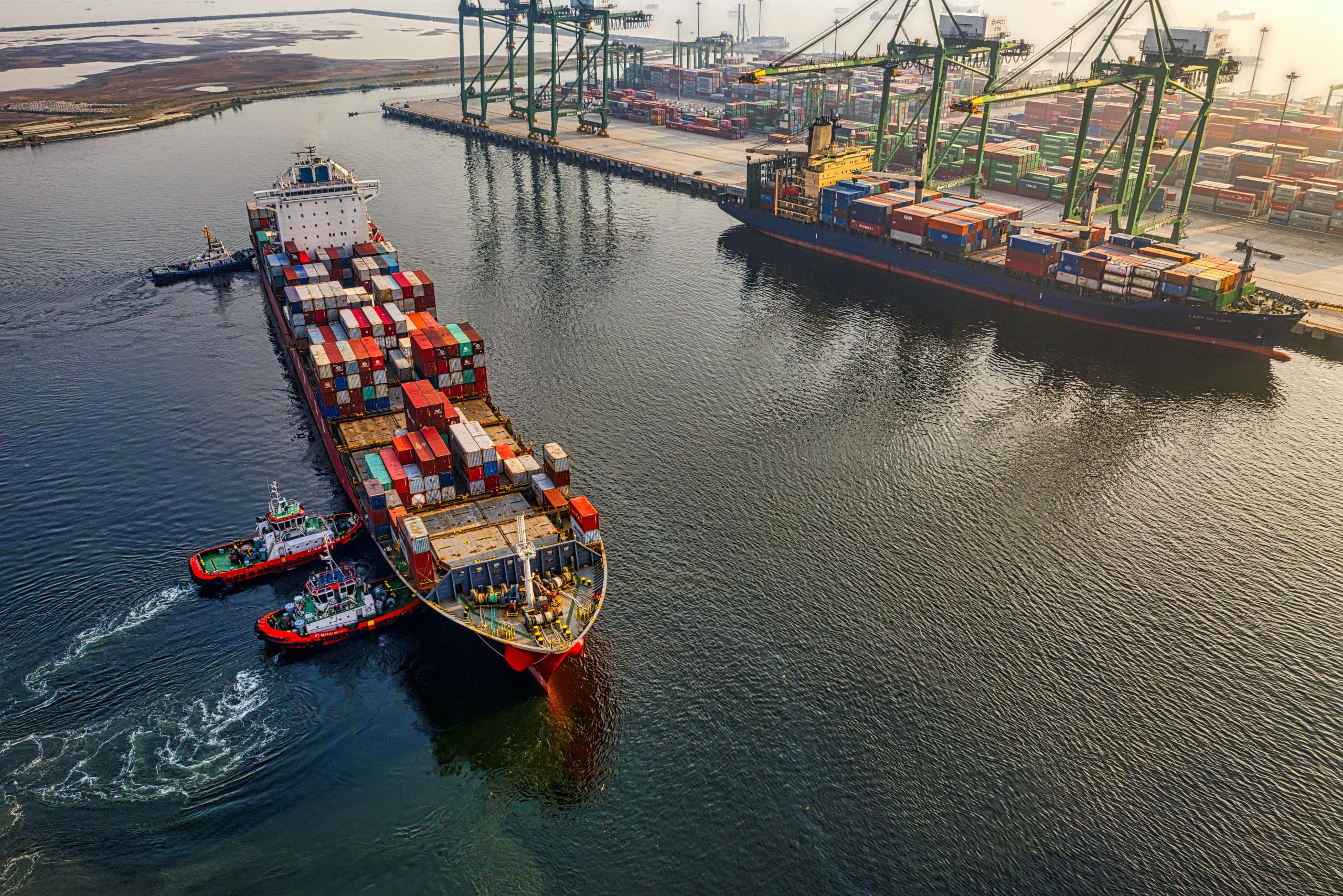The signing of the Solara-Pacific Pact this week marks a landmark moment in international trade diplomacy, as seven nations from two continents agree to a bold, principles-based trade agreement focused not only on economic expansion, but also on sustainability, equity, and digital infrastructure.
TK – New block
The pact—spearheaded by the coastal trade powerhouse of Solara Union and the island consortium of Pacifica Islaran—brings together countries from the southern hemisphere and beyond into what analysts are calling a “values-aligned trading bloc.”
“We are not just exchanging goods,” said Solaran Trade Minister Juno Rellin, “we are exchanging trust, resilience, and a shared vision of prosperity.”
Members and Milestones
The founding signatories of the Solara-Pacific Pact include:
- Solara Union
- Pacifica Islaran
- Raventhal Republic
- United Straits of Embera
- Lunara Confederacy
- New Virelia
- The Aeyali Coast
Combined, the member nations represent over 600 million people and nearly 18% of global GDP.
What sets the pact apart from traditional trade deals is its Foundational Charter, which ties economic privileges to measurable commitments in four key areas:
- Fair Labor Standards
- Environmental Accountability
- Open-Source Digital Infrastructure
- Cultural and Linguistic Respect in Trade Practices
“Ethical Trade is Smart Trade”
Pacifica Islaran’s Chief Negotiator, Kaelani Nuva, emphasized the need to reframe how trade partnerships are evaluated.
“Ethical trade is smart trade. In the long run, stability, dignity, and innovation are better for business than short-term extraction.”
Already, member nations have begun the rollout of Green Freight Corridors, prioritizing electric cargo fleets and port electrification. A new joint currency settlement system, TradeLink, is in pilot testing, aiming to reduce reliance on third-party clearinghouses and boost financial autonomy among smaller economies.
Empowering Smaller Players
Smaller nations like the Aeyali Coast—once heavily dependent on a single export—now see the pact as a path toward economic diversification. Aeyali’s Minister of Development, Tomas Elwan, announced that the country would open three new trade-focused vocational institutes in 2026, supported by grants from the Solara-Pacific Skills Exchange Fund.
“For the first time in decades, our youth are being trained not just to serve trade, but to shape it,” Elwan said.
The Raventhal Clause
One unique feature of the agreement—informally dubbed the Raventhal Clause—requires all major trade proposals to undergo cultural context review. This provision was introduced by Raventhal’s delegation after a dispute over garment labeling in 2023 highlighted the unintended harms of standardization on indigenous producers.
“We can’t have a global marketplace that erases the stories behind what it sells,” said Raventhal ambassador Iselda Faenor.
Global Response
Though the pact has been met with enthusiasm from international development organizations, some larger economic powers remain cautious. The Northern Trade Axis issued a statement noting the pact’s “ambitious scope,” while not ruling out future collaboration.
Privately, many observers see the Solara-Pacific Pact as a potential model for future regional agreements—especially in emerging markets seeking to protect local economies while remaining globally engaged.
A Blueprint, Not a Finish Line
Despite celebrations in Orimar, leaders cautioned that the real work begins now. Implementation teams from each country will convene quarterly to assess progress, address disputes, and share data through the new Open Trade Commons digital platform.
The final toast of the summit, raised in seven languages, carried the festival’s chosen motto:
“Not faster. Fairer.”
